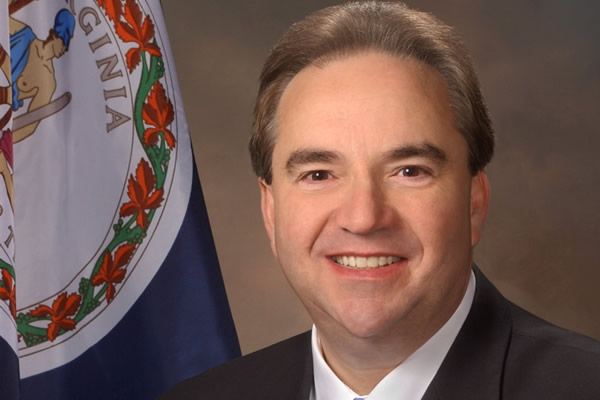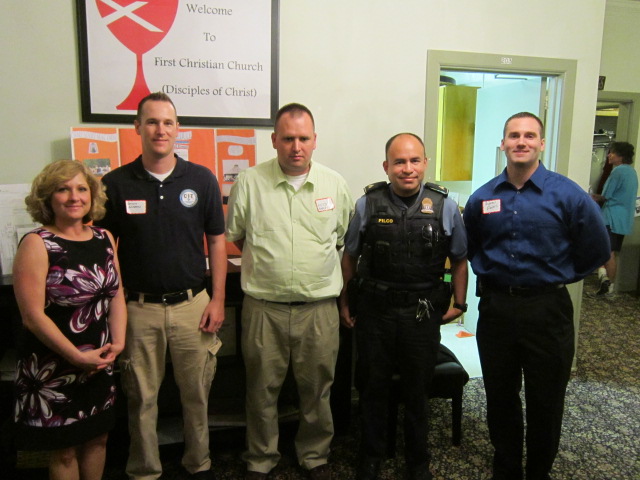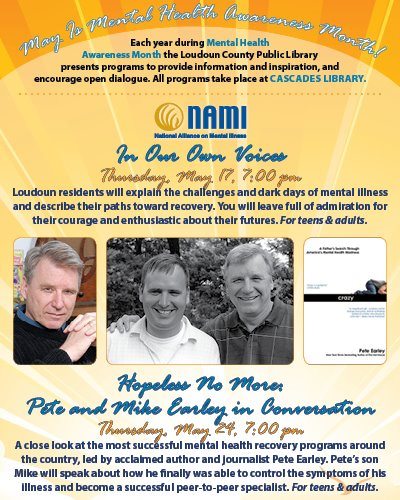
Virginia Lt. Gov. Bill Bolling should publicly apologize for a prejudicial remark that he made recently.
The chairman of presidential candidate Mitt Romney’s state campaign in Virginia recently told newspaper reporters that if people think Obama has done a good job over the past three years, they should vote for him — then “check themselves into a mental hospital.”
Bolling’s comment was meant to belittle Obama supporters by suggesting that they needed psychiatric treatment. This is the sort of mocking comment that increases stigma against persons with severe mental illnesses and also makes them reluctant to seek help. If you doubt this, substitute “cancer ward” for “mental hospital.” It doesn’t work, does it?







